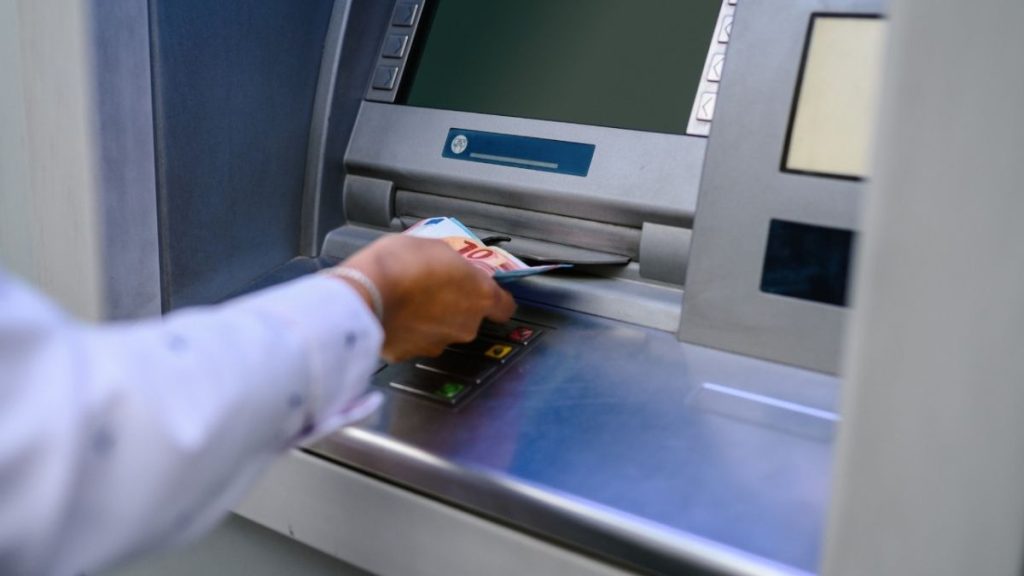Starting today, The Atlantic is offering every public high school in the United States free digital access to its journalism and 168-year archive. This new initiative allows schools to provide unlimited use of TheAtlantic.com, including all articles, podcasts, magazine issues, Atlantic Games, and the complete archive, at no cost while on campus.
This program applies to all public high schools, including comprehensive, magnet, charter, and specialized schools, with administrators, librarians, or IT professionals able to register their institutions.
A Resource for Educators and Students

The Atlantic is already a widely used teaching resource, with millions of students and educators engaging with its journalism. Its archive includes landmark essays by some of history’s most influential writers and thinkers, giving schools access to unique content for education and research.
Since launching its academic group subscription in July 2023, The Atlantic has enrolled more than 200 institutions, including colleges, universities, and high schools, reaching an estimated 1.2 million readers.
Why Access Matters for Democracy
Megha Garibaldi, Chief Growth Officer at The Atlantic, emphasized the importance of expanding access.
“It’s critical for as many students and educators as possible to have access to informed, independent, fact-based journalism,” she said. “An informed citizenry is essential to our democracy. As we continue to grow The Atlantic, and the resource-intensive reporting and writing we publish, we want to ensure it’s available to new generations of readers.”
By removing financial and technical barriers, The Atlantic hopes to foster critical thinking and media literacy among high school students.
Expanding The Atlantic’s Reach
Over the past decade, The Atlantic has significantly expanded its newsroom and scope.
- Staff Growth: Nearly 50 new journalists have joined in the past year.
- Broader Coverage: Expanded focus on defense, national security, technology, health, and science.
- Print Expansion: Now publishing two additional print issues annually.
- Digital Innovation: Launch of a dedicated Games hub to engage readers in interactive ways.
With more than 1.3 million subscriptions, the publication is at a record high after years of steady growth.
How Schools Can Register
Access is available through a simple registration process:
- Eligibility: Open to all U.S. public high schools and districts.
- Who Can Apply: Requests must be submitted by an administrator, librarian, or IT professional.
- Authentication: Access is granted through IP authentication, allowing students and staff to use TheAtlantic.com while connected to the school’s Wi-Fi—no individual accounts required.
This model ensures wide access without the need for complex sign-ins, making it easier for teachers to incorporate journalism into their classrooms.
A Step Toward Equal Learning Opportunities
This initiative comes at a time when educators and policymakers are emphasizing the need for equal access to credible information. By granting free access to schools, The Atlantic is helping bridge the gap between students from different socioeconomic backgrounds and ensuring that high-quality journalism is not limited to those who can afford subscriptions.
The program also supports schools in meeting curriculum goals that require critical analysis, research skills, and awareness of global issues.
Bottom Line
The Atlantic’s decision to open its full digital library to U.S. public high schools marks a historic moment for educational access. By combining more than a century and a half of journalism with modern tools such as podcasts and games, the initiative strengthens the connection between media and education.
With this step, The Atlantic not only broadens its readership but also contributes to shaping an informed next generation—a cornerstone for a healthy democracy.
FAQs – The Atlantic’s Free Digital Access
Q1: Who is eligible for free access to The Atlantic?
All U.S. public high schools, including comprehensive, charter, magnet, and specialized schools, are eligible.
Q2: What does the free access include?
Schools get unlimited access to TheAtlantic.com, including all articles, magazine issues, podcasts, audio articles, Atlantic Games, and the complete 168-year archive.
Q3: How can schools sign up?
An administrator, librarian, or IT professional must register the school through The Atlantic’s access page.
Q4: Do students need personal accounts to log in?
No. Access is authenticated by IP address, meaning students and staff can use The Atlantic while connected to the school’s Wi-Fi without individual accounts.
Q5: Why is The Atlantic offering this for free?
The initiative aims to remove financial and technical barriers to quality journalism and support education, democracy, and media literacy among students.












